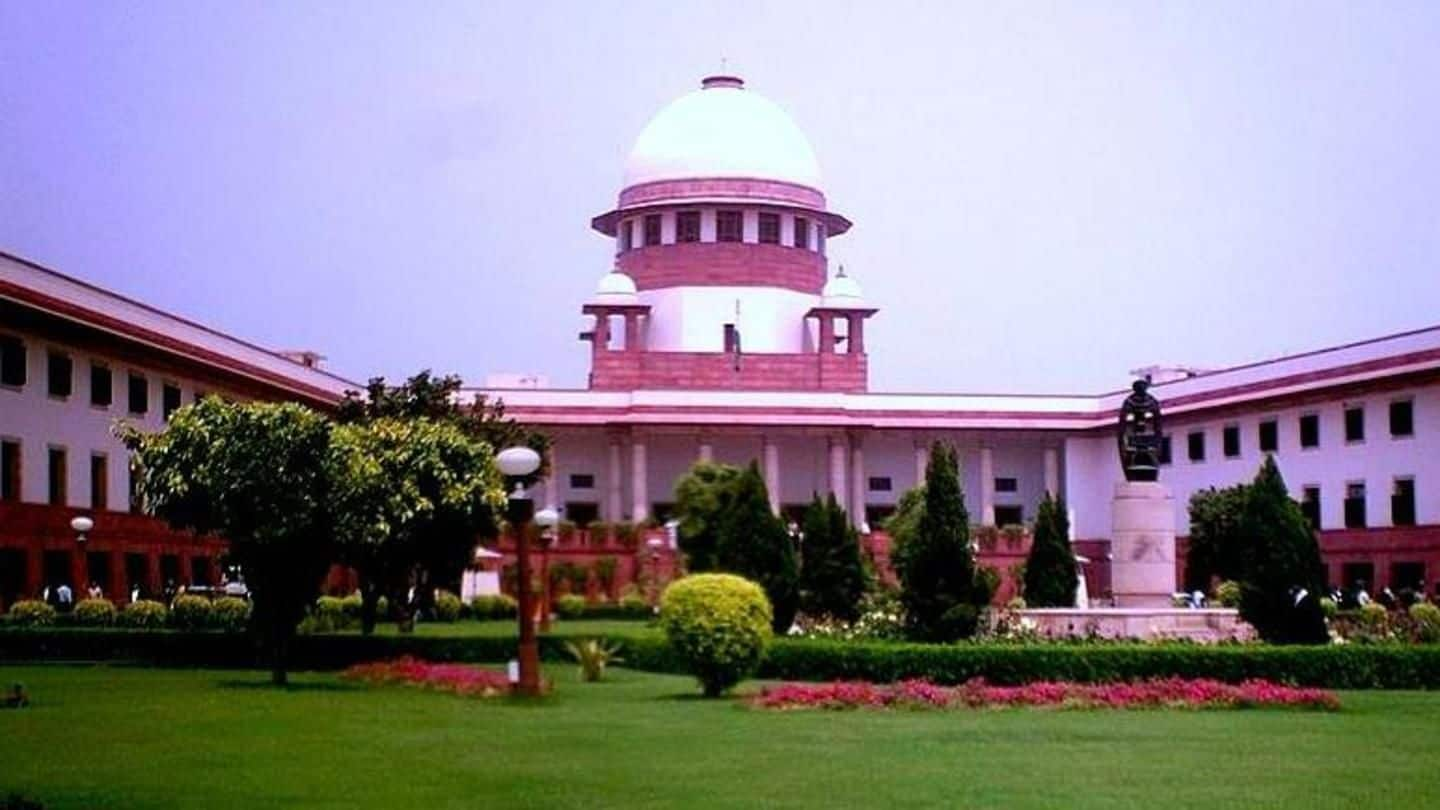
SC agrees to hear petition to regulate powers of CJI
What's the story
Days after refusing to frame rules regarding allocation of cases by the Chief Justice (CJI), the SC has agreed to hear a similar plea. Former Law Minister Shanti Bhushan's petition seeks regulation of the CJI's authority to allot cases and constitute benches. Yesterday, Justice Jasti Chelameswar, a rebel judge, had declined to hear this plea, saying he didn't want his order reversed "again."
Infighting
The historic press conference that triggered a massive debate
This has once again brought to the fore the infighting among the judges in the country's apex court. The four topmost judges- Chelameswar, Ranjan Gogoi, MB Lokur and Kurian Joseph- had in January addressed a historic press conference, accusing CJI Dipak Misra of unauthorized use of his power. One accusation was that Misra arbitrarily assigned cases to benches of his choice without rational reason.
Petitions
At least two petitions filed challenging CJI's powers
Lucknow resident Ashok Pande then filed a petition in the SC, seeking a transparent procedure for case allotment. It was dismissed Wednesday. Bhushan also filed a similar plea, requesting it to be heard by a bench not including the CJI. After the SC registry refused to accept it, he urged a Chelameswar-led bench to hear it, but the second seniormost judge refused too.
Chelameswar
Why did Chelameswar refuse to hear the petition?
"I am going to retire in few days and I cannot hear your PIL on allocation of cases," Chelameswar told Bhushan while refusing to hear the petition. He referred to his November'17 order, when he had called for a constitution bench to hear a case regarding judges taking bribes from an educational trust. A Misra-led bench had reversed his order the next day.
Information
So what's changed now?
Now, a bench comprising AK Sikri and Ashok Bhushan has agreed to hear it, saying prima facie, it's impossible to transfer the responsibility of allocating cases to the CJI-headed Collegium, but it could come up with a way to make the process transparent and fair.